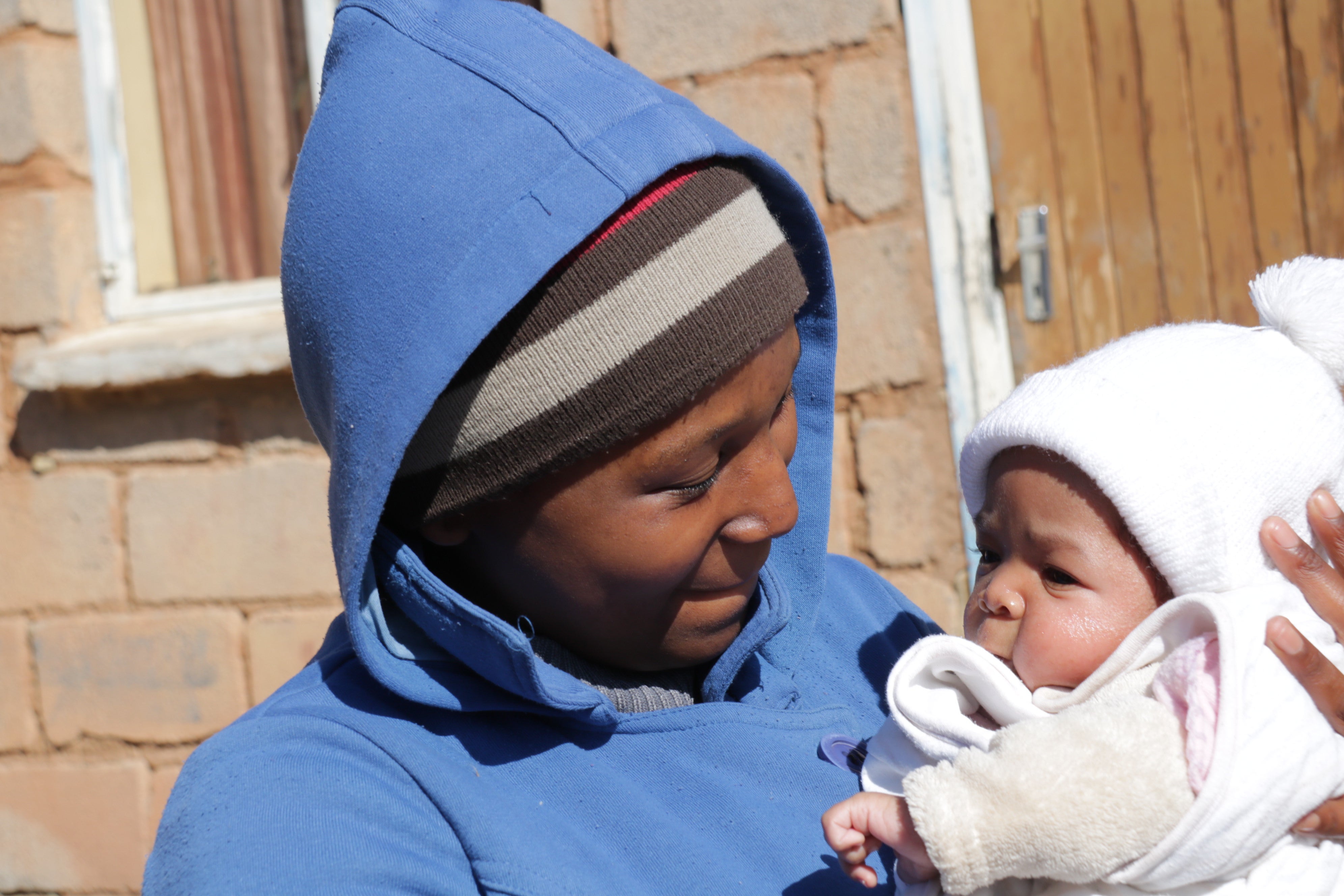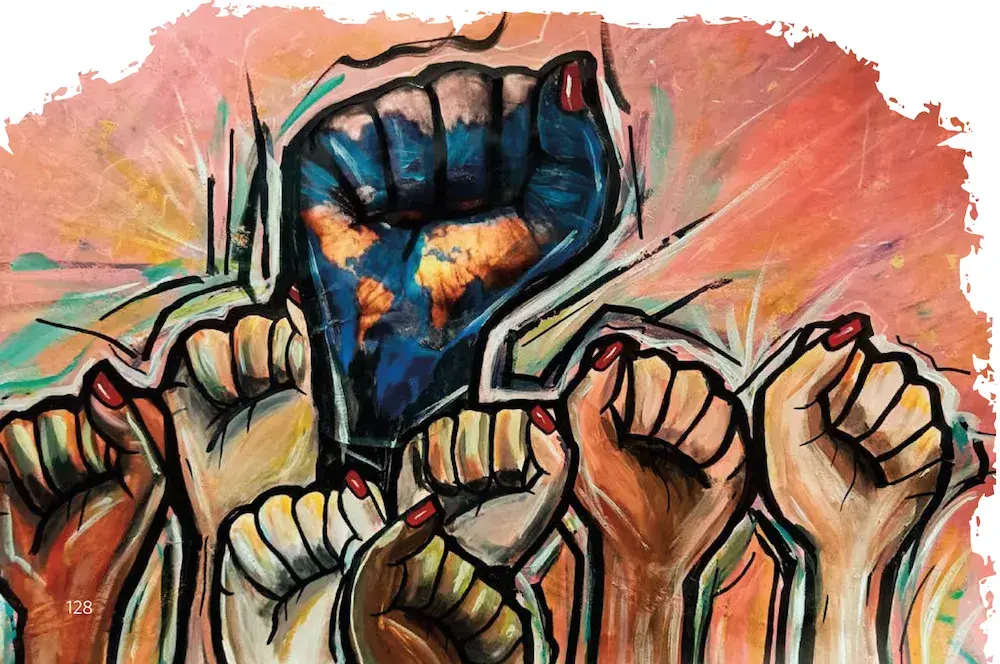The story of Thato.
Mamokake Mokake (82) will never forget how devastated and hurt she was when she discovered that her 17-year-old grandchild was pregnant while she was still in school. Now all she desires is for her grandchild to continue here education after childbirth. Her grandchild, Thato*, also feels that the pregnancy has drastically changed her life and her future. Her friends are continuing with their education whilst she now has to stay at home, attend Antenatal Clinic and is refused access to school.
In fact, she says her major problem started when she realized that it was visible that she waspregnant and it was time to tell her grandmother about the situation. “I was scared of telling my
grandmother, I ended up writing her a letter which I left where she could see it in the house and left for school. Even after school I was afraid to come home and I went to the bus stop for some time, but when it got dark, I had to come home and face her.”
She had heard about contraceptives, especially the use of condoms but she did not know much about the other forms of family planning. Her major desire is to go back to school after childbirth. Thato is one of many young girls in Quthing district who are pregnant at young and who see their lives destroyed.
The story of Lerato

Nineteen-year-old Lerato*already has a two-month baby. Since she is still young and cannot look after her child, her mother ‘Malerato* had to leave her job as a domestic worker in
South Africa to come and take care of the baby. They are all struggling as there is no income. The baby does not have napkins and they have to rely on using old cloths for him to wear. The grandmother suspects that sometimes the baby cries due to hunger, especially since Lerato does not have much to eat prior to breastfeeding. All four of them live in one room. “I feel that it was inevitable that my daughter could have a child this early in her life. My two daughters had to take care of themselves as I was working in South Africa. My husband abandoned me when they were still very young. I wished my daughter would have had an opportunity to continue with her education, and make herself a better life” she says.
According to the Chief Education Officer Ms Moipusi Motebang Early and unintended pregnancy is common in Quthing district. She says most girls who have to leave school because they are pregnant are mostly from impoverished families. Since early and unintended pregnancy is widespread in the district, the education statistics of the district have been affected. In recent years, Quthing
district has been the worst performing district in the Lesotho General Certificate of Secondary Education examinations. “The main challenge in the district is that most of the students stay in
hostels which are not regulated and their parents also just leave them there,” she stated adding that the Ministry of Education and Training has collaborated with various stakeholders including the Ministry of Health, Child and Gender Protection Unit and Taxi Owners in undertaking campaigns to look into how the problem could be addressed.
One of her suggestions is that besides the ongoing delivery of Life Skill Based Education in schools, teachers should undergo refresher trainings regularly and the problem should also be addressed from community level. Moreover, she says the major concern is for the girls to be able to get back into the education system after they have had their children.
Meanwhile, the United Nations Population Fund Representative to Lesotho Dr Marc Derveeuw has emphasised that the prevention of EUP is a priority for UNFPA in Lesotho. The Comprehensive Sexuality Education programme which is implemented with the Ministry of Education is the agency's flagship programme.UNFPA is working hard on raising awareness about contraceptives and increasing access to contraceptive services, condom distribution and HIV/STD prevention.
UNFPA is financially supporting the Ministry of Education and Training in the development of the Prevention and Management Learner Pregnancy Policy which will focus on prevention and management of Early and Unintended Pregnancy (EUP) for learners. This has been prompted by data from the Education Management Information System (EMIS) and studies which show that early and unintended pregnancies coupled with child marriages are among the key factors that lead to girl children dropping out of school.
For example, the Lesotho Demographic Health Survey (LHDS 2014) has shown that 19% of women aged 15 – 19 had begun childbearing in Lesotho and of these 15% had had a live birth and 4% were pregnant at the time of the interview. It further shows that the proportion of teenagers who have begun childbearing rises rapidly with age, from 3% at age 15 to 40% at age 19 and rural teenagers and those in the lowest wealth quintile tend to start childbearing earlier than other teenagers.




